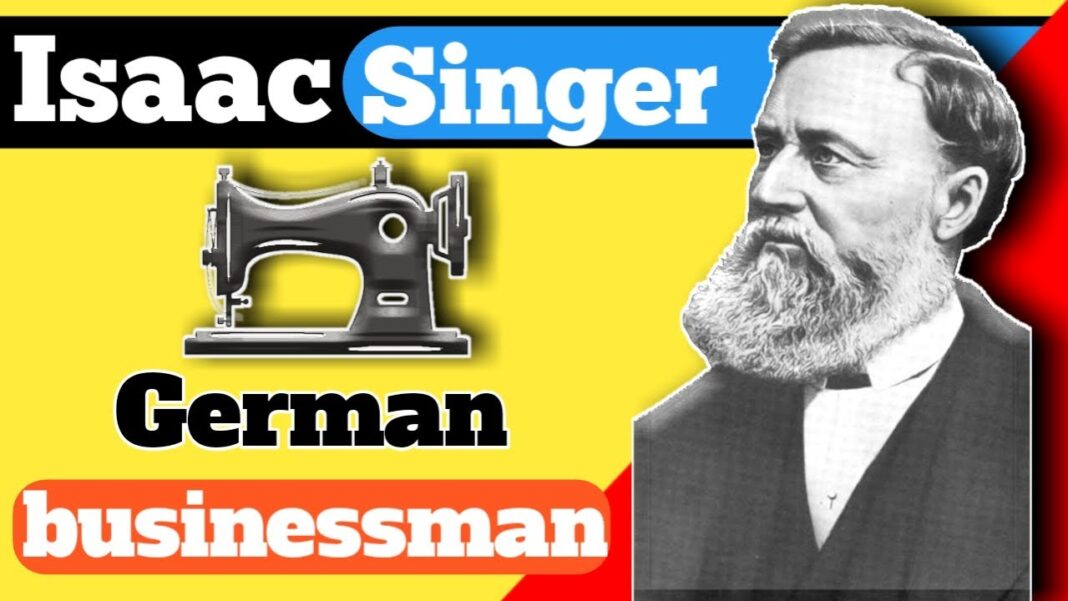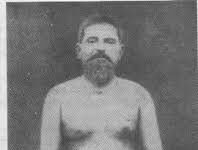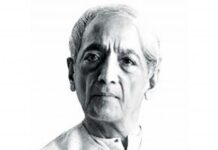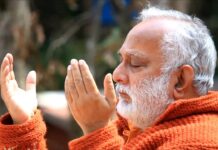Biography of Isaac Singer, Quilters remember Isaac Merritt Singer as the inventor of the Singer sewing machine, but before making improvements to the sewing machine designs of his era, Singer was an actor, and also patented other types of machinery, including rock drilling equipment. Singer was born on October 27, 1811, in Pittstown, New York. He died on July 23, 1875, in Devon, England.
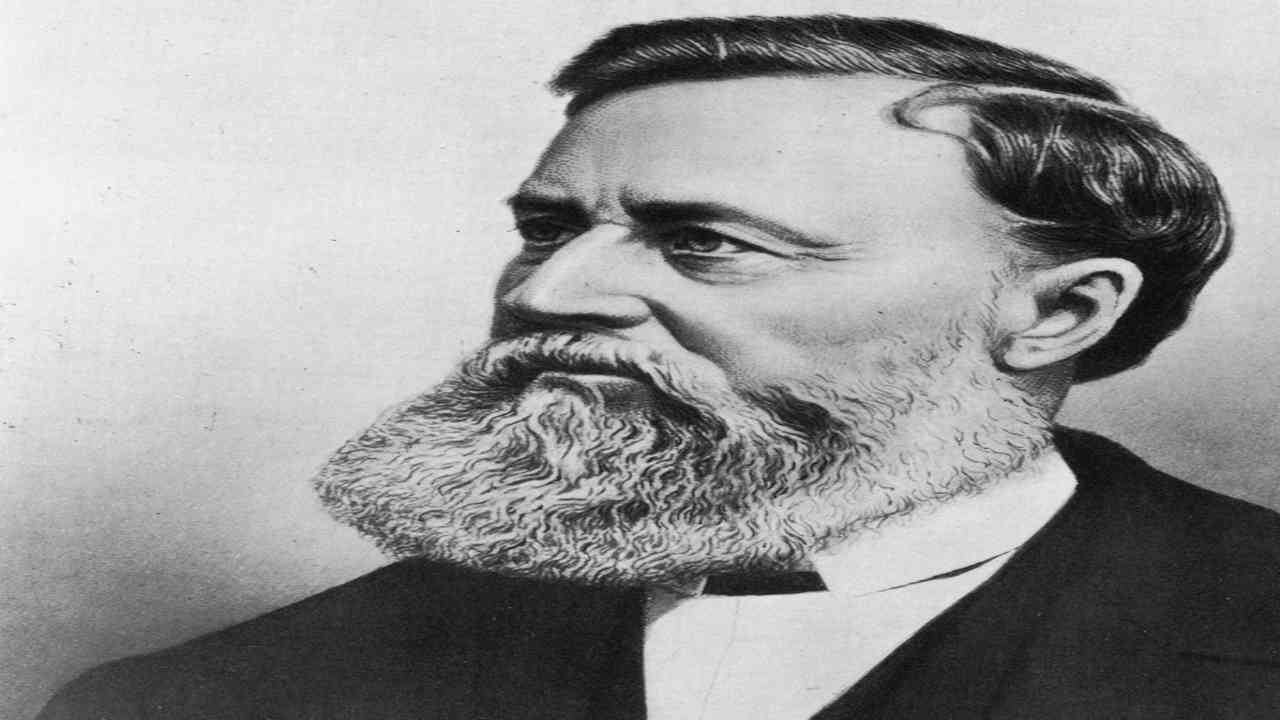
Singer Sewing Machines
Issac Singer’s early sewing machines were pricey for the time, selling for $100 each. While they cost less than Elias Howe’s $300 sewing machines, they were still beyond the budget of most American families.
Singer began to mass-produce his product, refining the design while making the machines less clumsy and much less expensive than the earliest model. The Singer Company grew rapidly after it began to take trade-ins and accept installment payments for sewing machines, making its products affordable to more households.
Singer built elaborate showrooms for his sewing machines, and developed a worldwide network that sold parts, made repairs and offered training instructions. His work as an actor prepared Singer to be a showman—he was a born salesman.
Important Dates in Singer Sewing Machine History
Isaac Singer made an impact on the growing sewing market when he developed a lockstitch sewing machine in 1850, improving the design of a Lerow & Blodgett model. Singer’s sewing machine could sew 900 stitches per minute, a huge improvement over the 250 stitches from Elias Howe’s machines.
In 1851, Singer received a patent for his modifications, which included a presser foot and an improved shuttle for the second thread. Singer’s design was the first sewing machine to sew a continuous, reliable straight or curved seam.
By 1890, fifteen years after Isaac’s death, Singer machines made up 90% of the world’s sewing machine sales.
In 1933, the company introduced its Featherweight sewing machine at the Chicago World’s Fair. The little machines remained in production for more than three decades and are still popular with today’s quilters.
In 1939, the company temporarily halted the development of sewing machines to produce wartime supplies.
In 1975, Singer introduced the world’s first electronic sewing machine.
American Lockstitch Sewing Machines
Walter Hunt is probably the first American to develop a sewing machine that produced a lockstitch, but he didn’t patent his 1832 invention.
Twelve years later, in 1846, Elias Howe was awarded a U.S. patent for developing a sewing machine capable of producing a lockstitch from two threads.
The machines were similar—both used needles with eyes at the bottom end, rather than at the top, which had been the norm. The fabric was fed horizontally through Hunt’s sewing machine, vertically through Elias Howe’s.
Hunt lost interest in his invention and Elias Howe couldn’t find buyers or investors. Each of Howe’s machine took a few months to build and were difficult to use.
Elias Howe’s Lawsuit Against Isaac Singer
Elias Howe was in England when the U.S sewing machine business blossomed. When he returned to America, Howe filed a lawsuit against manufacturers he felt were infringing on his patent, including Isaac Singer.
Some of Howe’s lawsuits were settled out of court, but his case against Singer went to the U.S. Supreme Court, which ruled in Howe’s favor, awarding him a lump sum for past sales and royalties for future sales of sewing machines.
Isaac Singer’s Personal Life
We really hadn’t thought much about the personal life of Isaac Singer until searching for photographs of early sewing machines. He was a busy guy.While married to his wife Catharine, Singer proposed to Mary Ann Sponsler, and although the pair were never legally married, the union produced eight children. Singer was eventually granted a divorce from Catharine based on her adultery with another man.Singer became the father of more children during an affair with a company employee before Mary Ann Sponsler discovered the relationship. Later, Singer fathered additional children with a woman he’d become acquainted with in Paris.Isaac M. Singer listed 22 children in his will, but family records show that two more children who were not listed died when they were very young.
Singer Sewing Machines Today
The Singer Sewing Machine company has had its ups and downs in recent years, Biography of Isaac Singer but seems to be gaining in momentum again, Biography of Isaac Singer and remains a more affordable choice for home sewers than many other brands.

